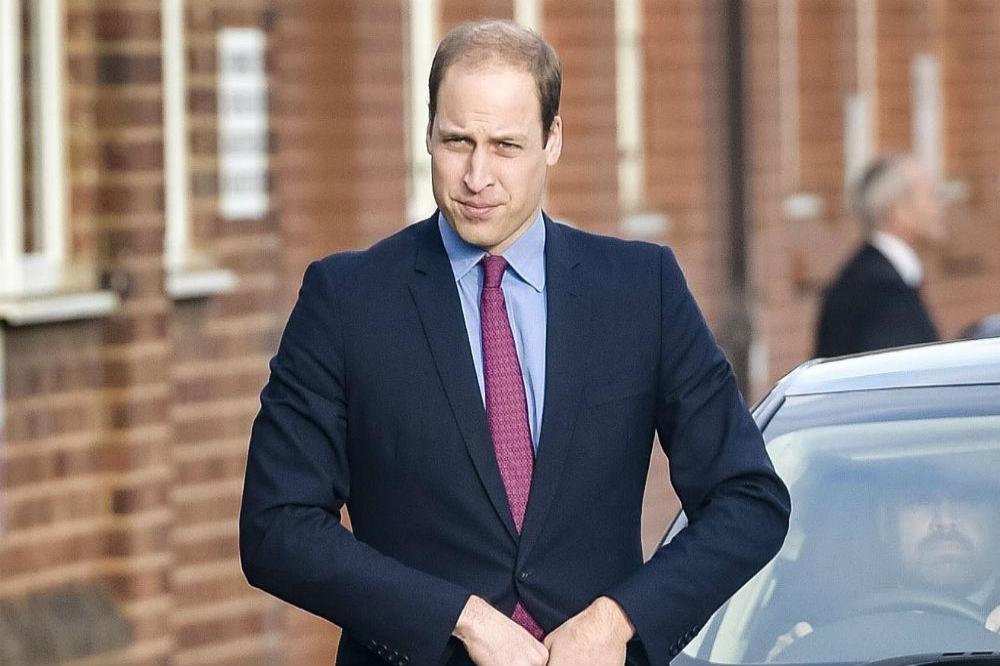Prince William has warned that African wildlife is under "enormous pressure" from the increase in human population growth.

Prince William
The 35-year-old royal was speaking at the Tusk gala dinner in London over the weekend when he claimed that the continent's growing population was set to more than double by 2050, and warned that the staggering numbers could have a negative impact on wildlife and natural resources.
He said: "In my lifetime, we have seen global wildlife populations decline by over half. We are going to have to work much harder and think much deeper, if we are to ensure that human beings and the other species of animal with which we share this planet can continue to co-exist.
"Africa's rapidly growing human population is predicted to more than double by 2050, a staggering increase of three and a half million people per month.
"There is no question that this increase puts wildlife and habitat under enormous pressure. Urbanisation, infrastructure development, cultivation - all good things in themselves, but they will have a terrible impact unless we begin to plan and to take measures now."
Despite warning of overpopulation, Prince William is currently expecting his third child with his wife Duchess Catherine, with whom he already has four-year-old Prince George and two-year-old Princess Charlotte.
William isn't the only royal to speak about the dangers of overpopulation either, as his father Prince Charles - who has William and 33-year-old Prince Harry with his late ex-wife Princess Diana - previously cautioned that the world does not have the capacity to "sustain us all".
Speaking in 2010, Charles said: "It would certainly help if the acceleration slowed down, but it would also help if the world reduced its desire to consume."
The 68-year-old royal has long been a passionate environmentalist, and earlier this year backed a scheme that aimed to stop plastic being dumped in the oceans.
Speaking about the Ocean Rescue campaign, he said: "One of the most troubling environmental trends, as I see it at least, is the progressive build-up of plastic waste in the oceans.
"Eighty per cent of it is coming from the land as everyday products such as plastic bags, straws and bottles as they travel along the rivers to the sea and finish up being spread right around the world, even on the most remote stretches of oceans, the farthest-flung beaches on earth and the deepest reaches of the ocean.
"Some of that plastic is being swallowed by sea birds, by whales, by dolphins, seals and other creatures to the point today where plastic waste is estimated to be in the guts of all marine mammals."
Tagged in Prince Charles Prince William

